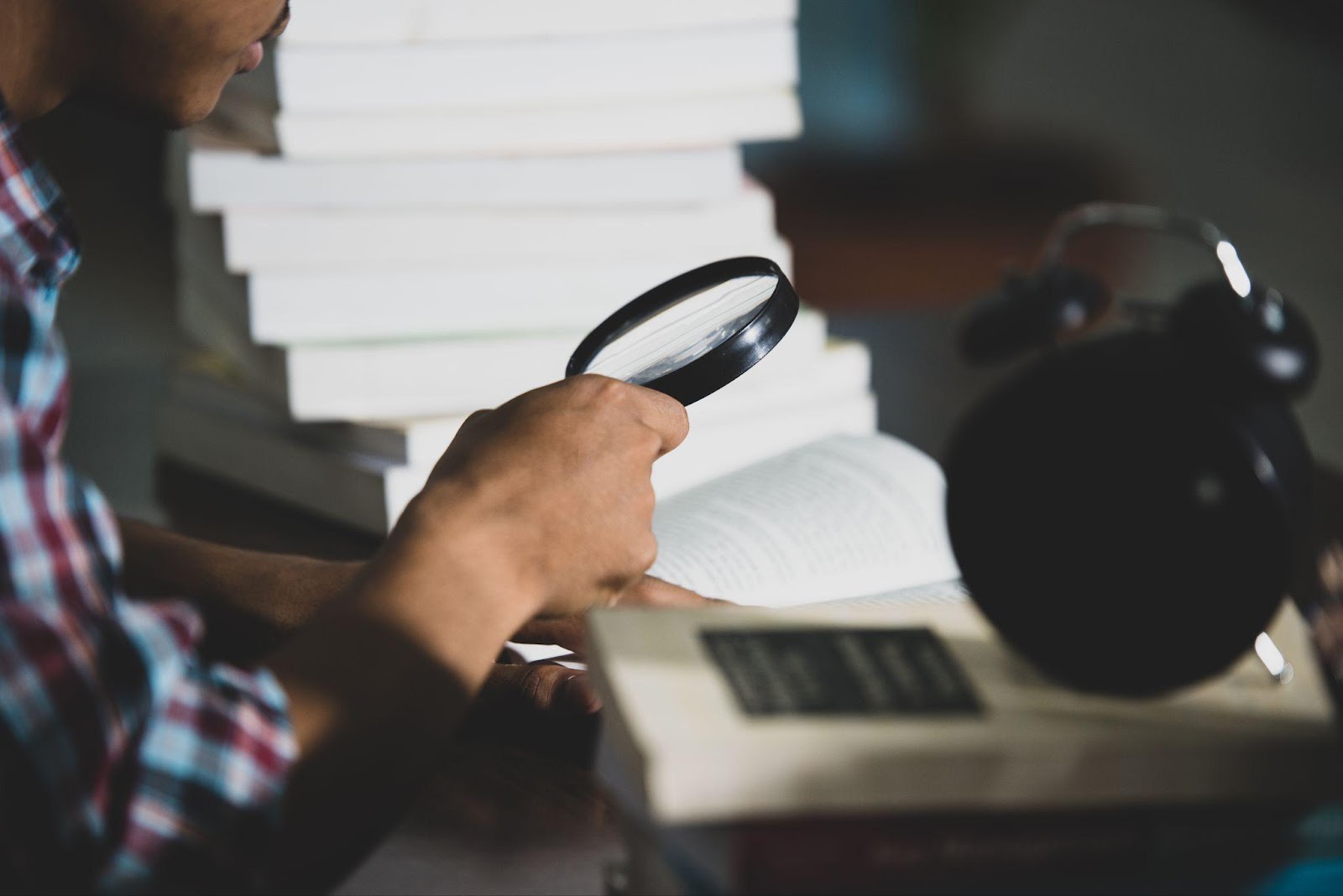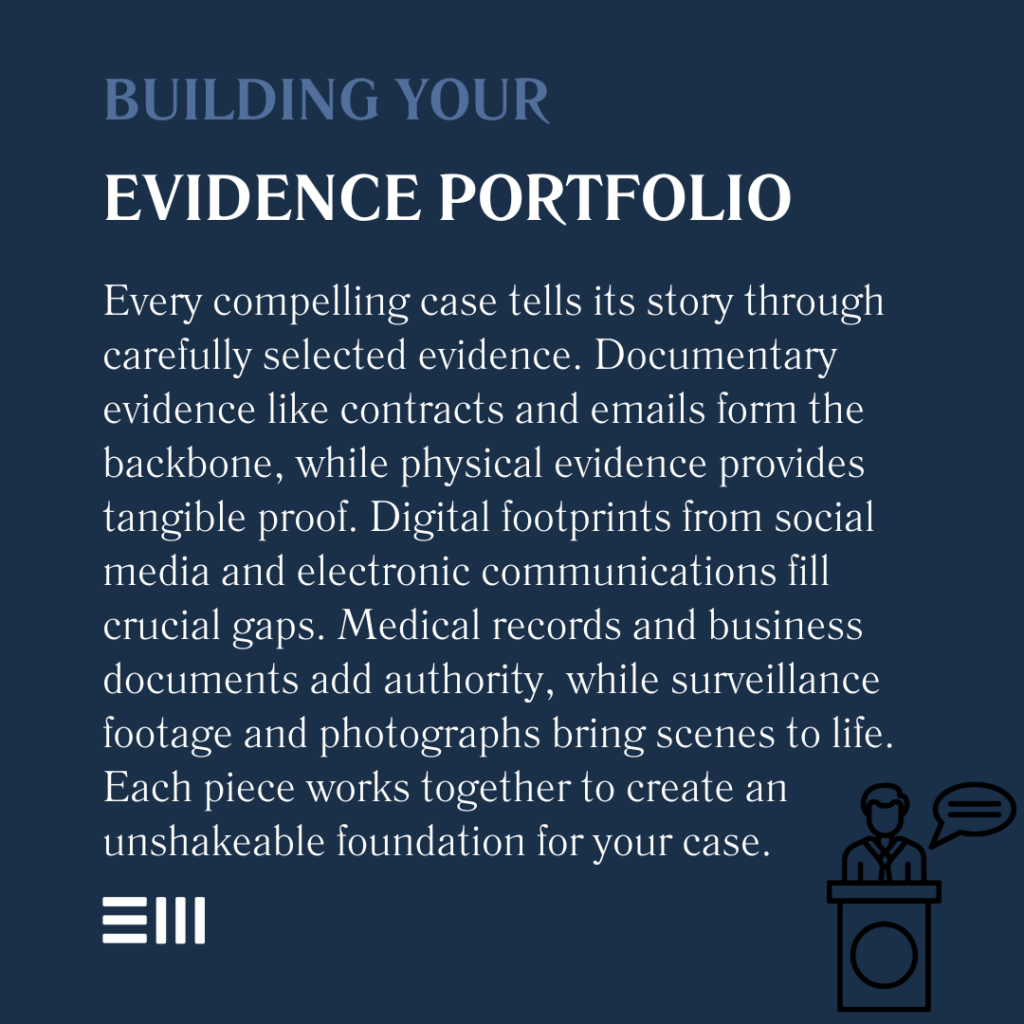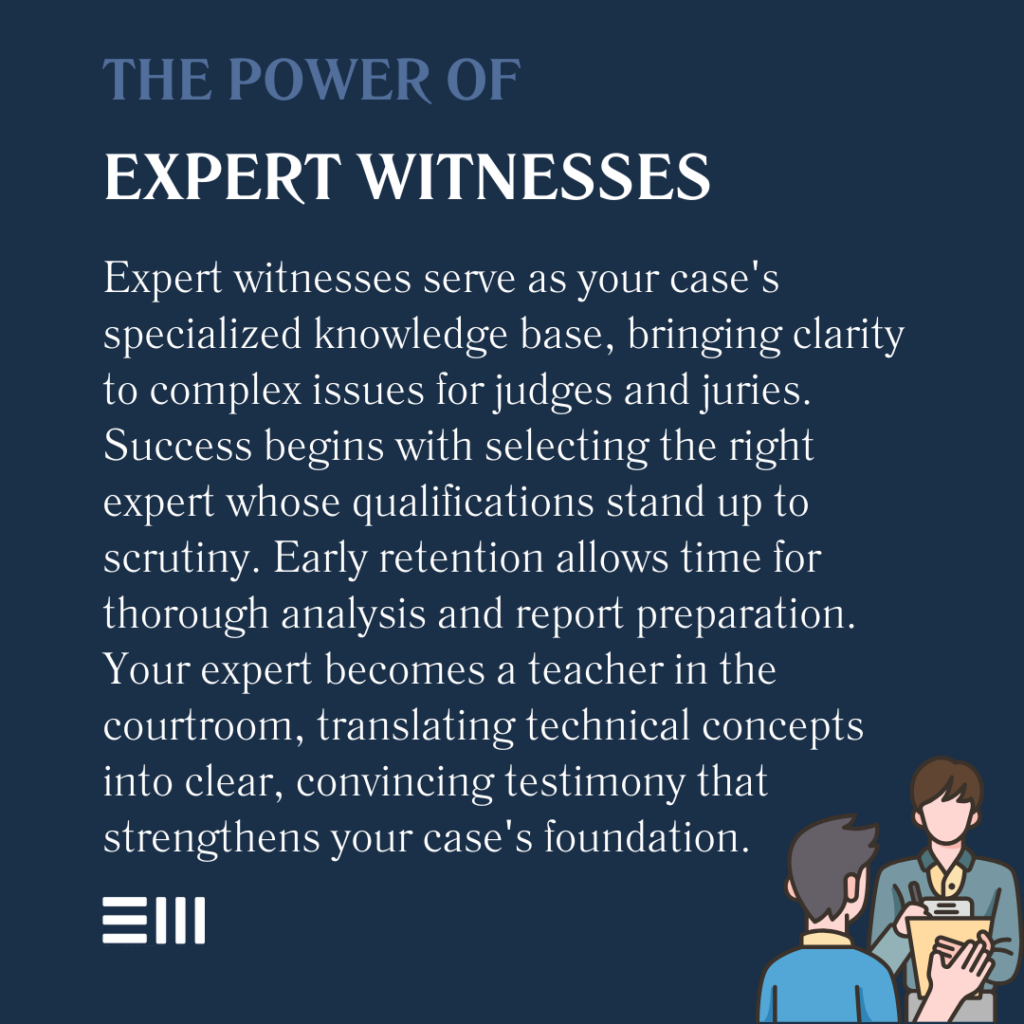
Behind every landmark court victory lies a mountain of meticulously gathered evidence and carefully prepared expert testimony.
Like a master storyteller weaving together threads of truth, successful trial preparation transforms scattered pieces of evidence into a compelling narrative that resonates with judges and juries alike.
The difference between winning and losing often comes down to the careful orchestration of evidence and testimony in the months before ever stepping foot in the courtroom.
Understanding Evidence Collection
The foundation of any strong case rests upon properly collected and preserved evidence. Each piece of evidence tells part of your story and builds credibility in the courtroom.
The process requires meticulous attention to detail and understanding of legal requirements.
- Document collection and organization methods, including digital scanning protocols;
- Physical evidence preservation techniques to maintain integrity;
- Digital evidence-gathering protocols with timestamp verification;
- Chain of custody documentation and tracking systems;
- Timeline creation and management for complex cases;
- Evidence authentication procedures for various types of proof;
- Admissibility requirements under Alabama law;
- Evidence storage best practices for long-term preservation;
- Documentation of evidence sources and collection methods; and
- Regular evidence inventory and status updates.
Building a comprehensive evidence-collection strategy early ensures nothing falls through the cracks. A well-organized evidence portfolio becomes your roadmap to presenting a clear, convincing case in court.
Types of Evidence to Consider
Different cases require different types of evidence to build a compelling argument. Understanding the various forms of evidence helps ensure nothing valuable gets overlooked in the preparation process.
- Documentary evidence, including contracts, emails, correspondence, and official records;
- Physical evidence encompassing objects, photographs, videos, and surveillance footage;
- Digital evidence from social media, text messages, and electronic communications;
- Medical records, laboratory reports, and diagnostic imaging results;
- Expert analysis reports and preliminary findings;
- Witness statements, declarations, and prior testimony;
- Business records, financial documents, and accounting records;
- Public records, government documents, and official certificates;
- Surveillance footage and security camera recordings; and
- Environmental samples and scientific test results.
Each type of evidence serves a unique purpose in strengthening your case. Careful consideration of all available evidence types helps create a robust foundation for trial success.

Working With Expert Witnesses
Expert witnesses bring specialized knowledge that can clarify complex issues for the court.
Their testimony often proves instrumental in helping juries understand technical or specialized aspects of a case, particularly in complex litigation.
- Expert witness selection criteria based on case requirements;
- Qualification verification processes and background checks;
- Expert witness preparation strategies for effective testimony;
- Communication protocols between legal team and experts;
- Report preparation guidelines and formatting requirements;
- Testimony preparation methods and practice sessions;
- Cross-examination preparation and response strategies;
- Expert witness fee arrangements and cost management;
- Coordination of multiple experts in complex cases;
- Development of visual aids and demonstrations;
- Integration of expert opinions with other evidence; and
- Strategies for addressing conflicting expert opinions.
Developing strong relationships with expert witnesses strengthens your case presentation. Their expertise becomes a powerful tool in explaining complex matters to the jury while maintaining credibility.

Evidence Organization and Presentation
Even the strongest evidence loses impact without proper organization and presentation. Creating clear, accessible systems for managing evidence ensures nothing gets lost or overlooked during trial preparation.
- Digital organization systems with backup protocols;
- Evidence labeling protocols for quick identification;
- Exhibit preparation methods for court presentation;
- Presentation software options and technical requirements;
- Visual aid creation for complex concepts;
- Timeline development showing key case events;
- Document management systems with search capabilities;
- Trial notebook organization and updating procedures;
- Cross-reference systems for related evidence;
- Quality control procedures for evidence verification;
- Emergency backup systems for critical documents; and
- Coordination procedures for multiple legal team members.
Effective organization makes evidence readily accessible during trial preparation and presentation. A well-organized case file becomes invaluable during the intensity of trial proceedings.
Frequently Asked Questions About Trial Preparation in Alabama
Understanding the intricacies of trial preparation helps alleviate concerns and ensures better case outcomes.
These common questions address key aspects of evidence gathering and expert testimony.
How Long Should Evidence Gathering Take?
Evidence-gathering timeframes vary by case complexity but typically require several months of dedicated effort. Complex cases may need a year or more of systematic collection and organization.
What Makes an Expert Witness Qualified?
Expert witnesses must demonstrate specialized knowledge, skills, experience, or education in their field of expertise. Their qualifications should withstand scrutiny and challenge from opposing counsel.
How Is Digital Evidence Authenticated?
Digital evidence requires specific documentation of collection methods, timestamps, and chain of custody verification. Proper authentication may require specialized forensic expertise.
When Should Expert Witnesses Be Retained?
Expert witnesses should be retained early in the case to allow adequate time for analysis and report preparation. Early retention also helps shape case strategy and evidence collection.
How are Evidence Costs Handled?
Evidence-gathering costs typically fall under case expenses and should be discussed with your legal team early in the process. Clear budgeting helps avoid surprises and ensures thorough preparation.
What Happens if Evidence Is Lost?
Lost evidence may be reconstructed through secondary sources, but prevention through proper storage and backup systems provides the best protection against evidence loss.
How Should Conflicting Evidence Be Handled?
Conflicting evidence requires careful analysis and may need expert interpretation to resolve discrepancies. Early identification of conflicts allows time for a thorough investigation.
What Role Do Expert Witnesses Play in Settlement Negotiations?
Expert witness reports and opinions often influence settlement discussions. Strong expert testimony can demonstrate case strength before trial and encourage favorable settlements.
How Should Digital Evidence be Preserved?
Digital evidence preservation requires forensic-level care, including hash values, metadata preservation, and secure storage. Professional assistance often proves essential for maintaining authenticity.
Build Your Winning Strategy Today
The path to trial success begins with thorough preparation and expert guidance.
At Baxley Maniscalco, our experienced Alabama trial attorneys understand the complexities of evidence gathering and expert testimony preparation.
Our proven track record of successfully handling complex litigation across Alabama courtrooms stems from our meticulous approach to trial preparation and evidence management.
Our team stays current with evolving standards for digital evidence handling and expert witness requirements.
We understand that successful trial preparation requires both extensive legal knowledge and practical experience with Alabama’s court systems. Our strategic approach ensures every piece of evidence supports your case effectively.
Contact us today to develop your comprehensive trial strategy.
Can't find what you're looking for? Search our site below.










